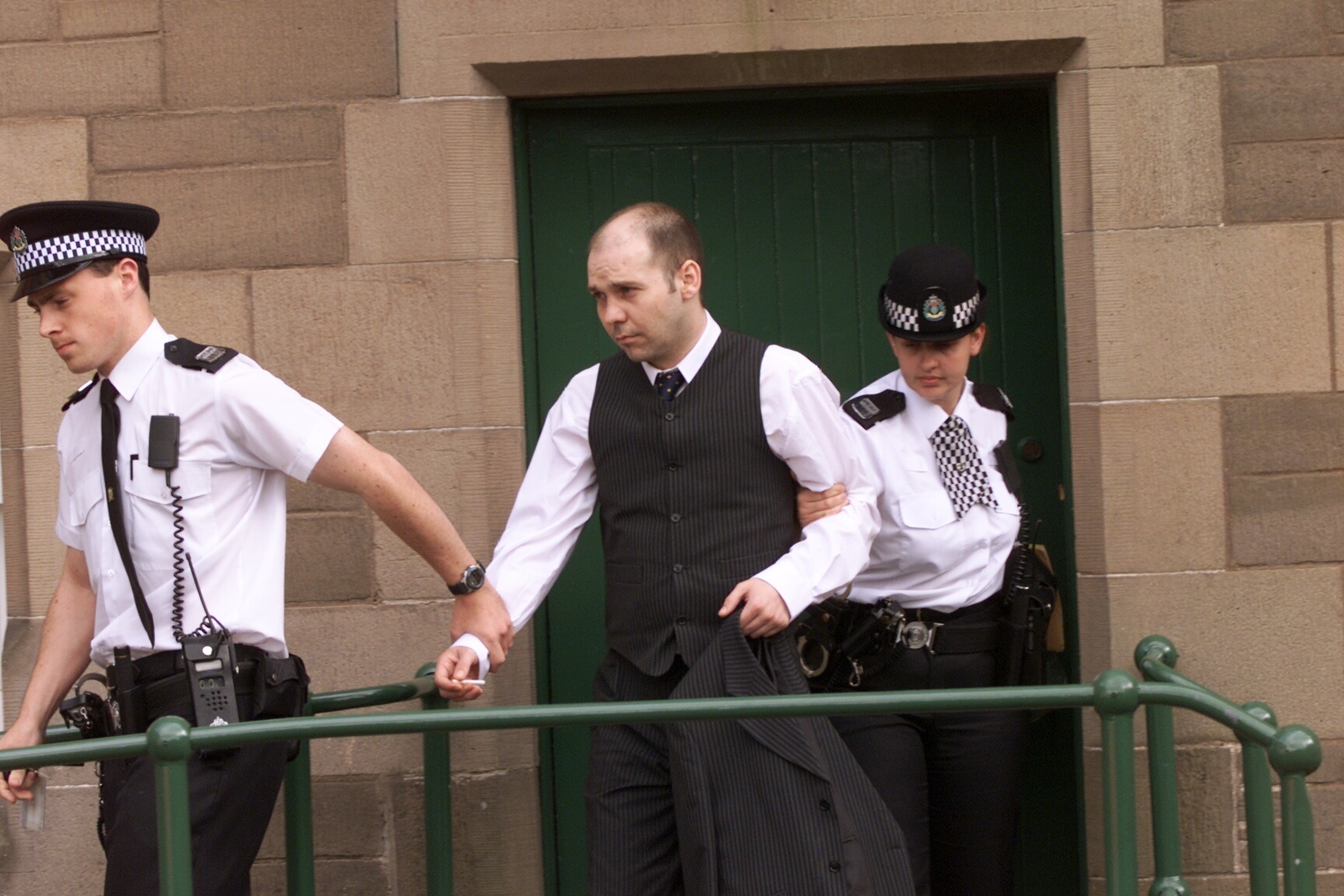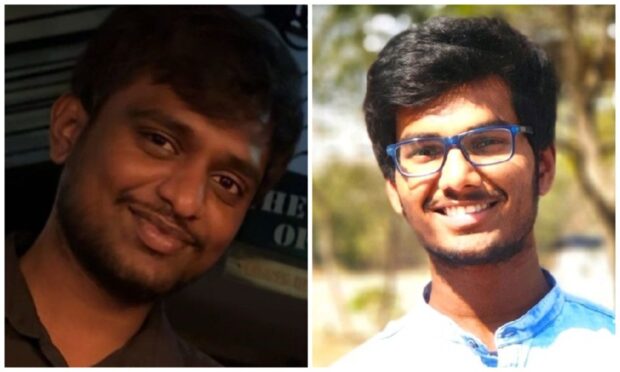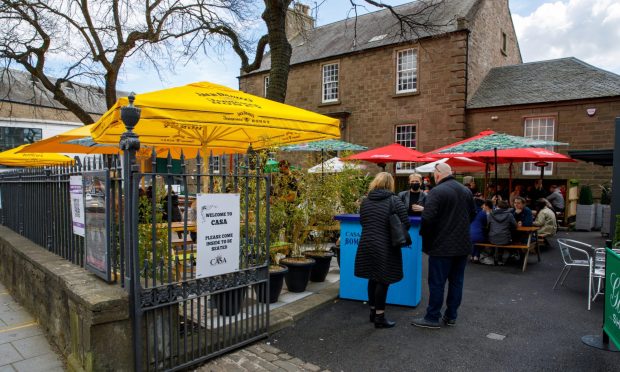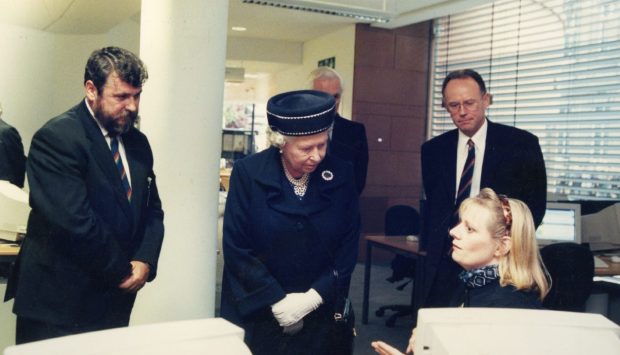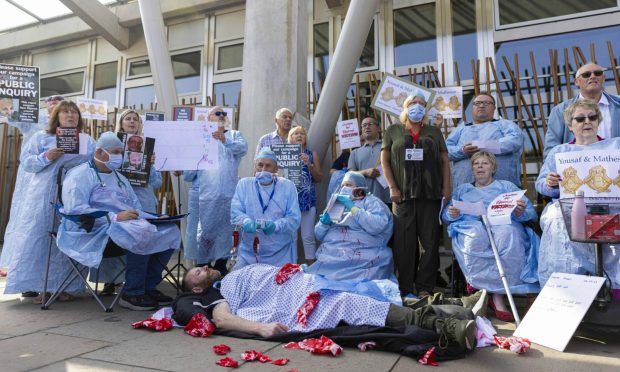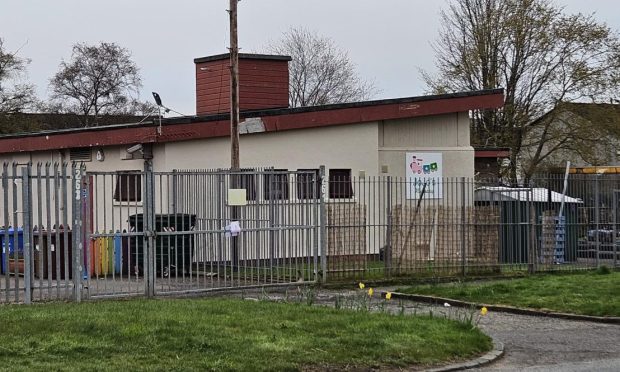A murderer who beat his victim with a metal bar before stabbing him to death went on to slit his own throat in jail, a fatal accident inquiry has heard.
David Roache was jailed for life in 2002 after being convicted of murdering Dundee grandfather John Kelly.
Roache, 43, was found dead in his cell at Low Moss Prison, Bishopbriggs.
The inquiry at Glasgow Sheriff Court heard he was found seated on a chair with his head tilted back, surrounded by blood on the floor, when a fellow prisoner opened the door to wake him and take him a glass of milk.
A plastic spoon handle with a razor blade attached was found next to him.
Medical staff attended at the cell and life was pronounced extinct.
A post-mortem examination revealed death was due to “an incised wound” on his neck.
Examination of CCTV footage showed that no one had entered or exited his cell between when he entered it for the night on July 8 2016 and when it was unlocked the next morning.
The inquiry heard that Roache suffered from paranoia, and the previous month had told a doctor at HMP Shotts, where he was then incarcerated, that he had been depressed for 18-24 months, and was “in a dark place”.
But when he was transferred to Low Moss, five days before he was found dead, he denied feeling suicidal and was assessed by a nurse and a general practitioner as being at no apparent risk.
A review into the incident was carried out by prison management expert Philip Wheatley, instructed by the Crown.
Mr Wheatley concluded: “From a prison operational perspective I do not believe there was anything practicable that could have been done on the night of his death to deny him access to effective means of killing himself, without imposing such draconian restrictions on him that would have increased his feelings of despair.
“There is nothing in the papers provided to me that would have justified prison staff at Low Moss imposing such restrictions.”
Sheriff Johanna Johnston ruled that it was “not disputed” that would be difficult for prison staff who had contact with Roache to have predicted his death, and therefore difficult to have prevented it.
At the High Court in Forfar in 2002, Roache was told he would require to spend at least 15 years in prison for the “savage and prolonged” attack he carried out on Mr Kelly.
A jury found him guilty of murdering Mr Kelly, 45, of Hilltown, Dundee, on a path by repeatedly butting him on the head, chasing him and repeatedly striking him on the head and body with a metal bar and a knife.
During the trial, the jury heard there had been bad feeling between the two men following a dispute over money.
After Roache’s death, Mr Kelly’s daughter Jill Gallacher said: “I don’t wish death upon any family and I don’t feel happy he died, but I do feel safer now that myself and my kids will be safe and won’t have to see him.
“My dad was 45 when he was murdered. We were robbed of a husband, dad, grandad and uncle.”
